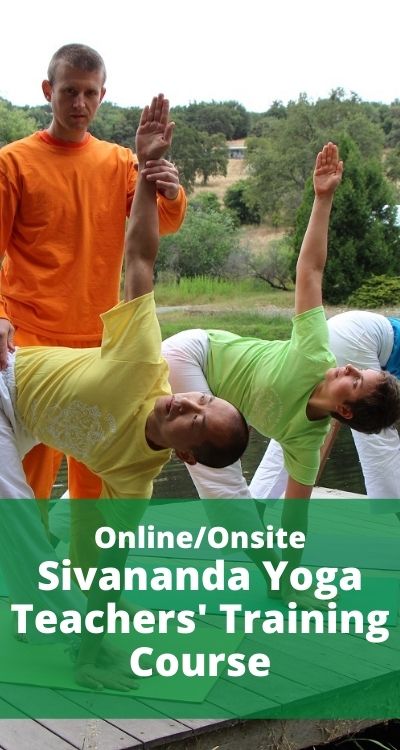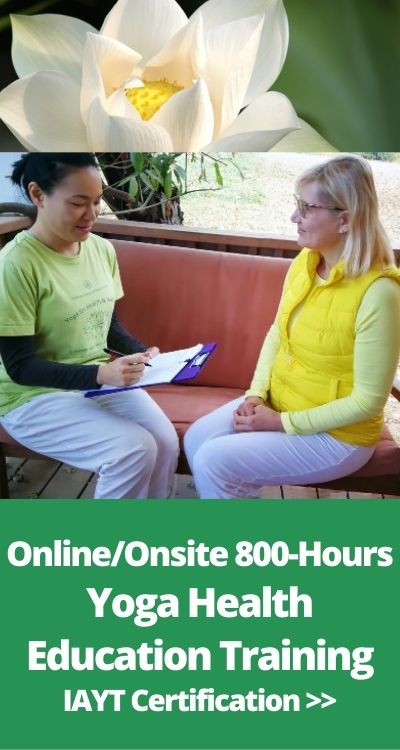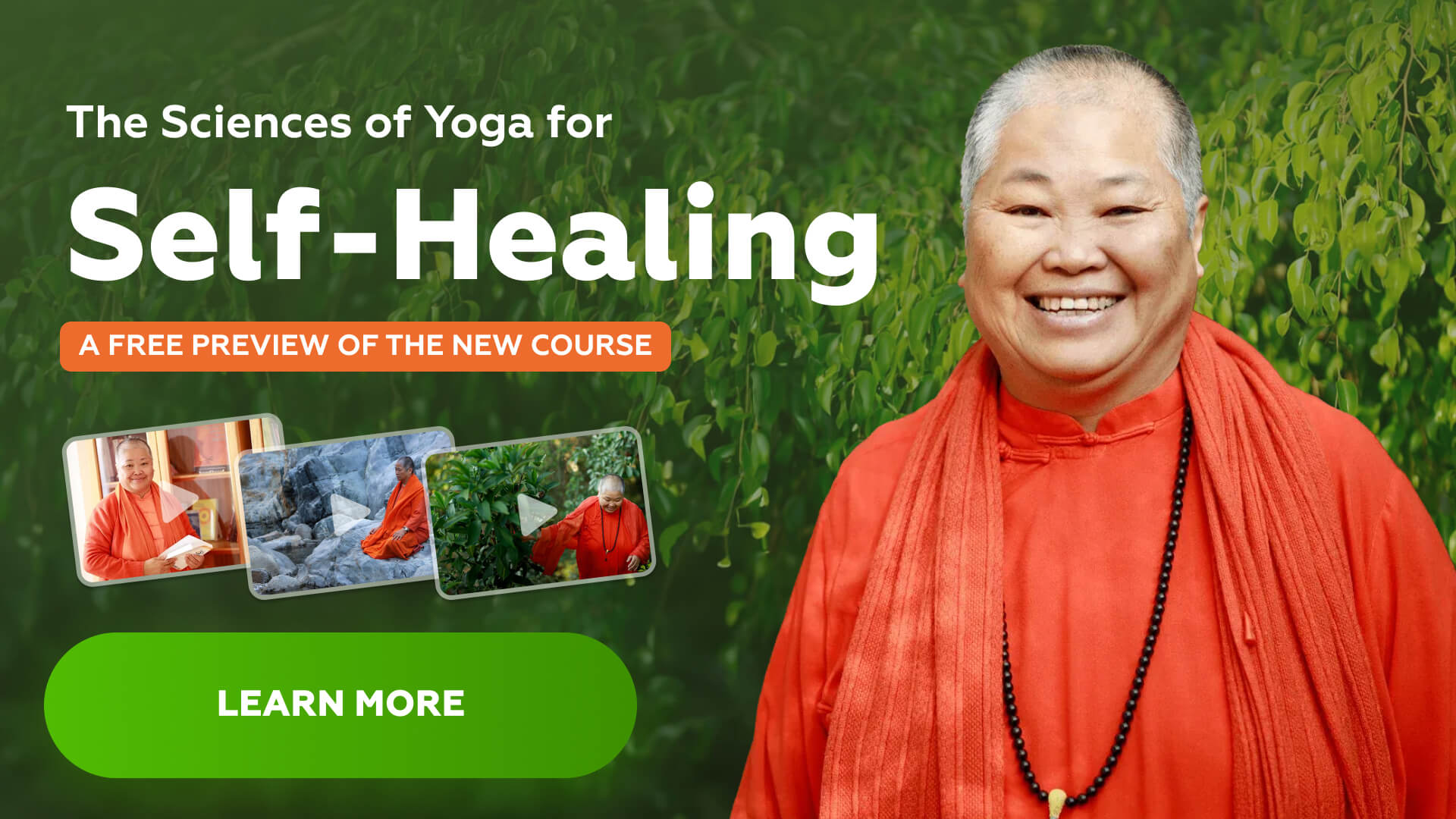Blog 1 for Tokyo Center – 1 July, 2025 by Swami Pranavananda
Yoga for Communication
What does yoga have to do with improving communication? You may not perceive a connection, and think that communication is only improved by taking more time to talk, studying psychology, seeing a therapist, looking into your childhood, reading books on the subject, and practicing non-violent communication with others as a training. Of course, all of the above will help, but there is one element missing: calmness.
Yoga is primarily a teaching of calmness, beginning with specific physical exercises that have been tested for centuries. Then, breathing exercises are employed as a more subtle approach. Finally, sitting for meditation and using a special calming sound called a mantra is used to offer some temporary relief from mental and emotional turmoil. But there is one more component the classical yoga system offers: positive thinking.
It seems like a lot of time and effort: exercise, breathing, meditation, and positive thinking. But please understand that true yogis are even busier than most of us! Yogis, meaning people who have achieved a high level of calmness, know the secret: positive thinking is practiced by acknowledging the connection between all things, and acting from that awareness.
The secret is becoming aware of our motivations. What are we attempting to achieve? Suppose we understand that life offers continual opportunities to practice calmness. In that case, we take a step back from only thinking about our achievements as what we create in the material world. We recognize that we also constantly influence the calmness of those around us and contribute to the well-being of the entire world with our selfless intentions.
Yoga teaches that we need two approaches to calmness: First, we can do the basic practices of postures, breathing, and sitting for meditation with a mantra. Second, we can view every moment of our life as a crucial contribution to the peace and happiness of all things. In yoga philosophy, you will find the words abhyasa (practice) and vairagya (detachment) to express this idea. In my next blog, you will find more on these two pillars of calmness!
Below is a human translation into Japanese for the people in Japan:
東京センター ブログ1 – 2025年7月1日
ヨガとコミュニケーション
ヨガはコミュニケーションの向上にどう役立つのでしょうか?あなたは関連性を感じないかもしれません。コミュニケーションは単に話す時間を増やしたり、心理学を学んだり、セラピストに相談したり、幼少期の経験を探求したり、関連書籍を読んだり、他者との非暴力的なコミュニケーションを訓練として実践することで改善されるものだと考えているかもしれません。もちろん、上記のすべては役に立ちますが、一つだけ欠けている要素があります。それは calmness(平静さ)です。
ヨガとは、主に心を落ち着かせるための教えであり、数世紀にわたり検証されてきた特定の身体的な運動から始まります。次に、より繊細なアプローチとして呼吸法が用いられます。最後に、瞑想を行うことと、マントラと呼ばれる特別な鎮静効果のある音を使用することは、精神的な混乱や感情の動揺を、一時的に緩和するために用いられます。しかし、古典的なヨガシステムが持つもう一つの要素があります。それはポジティブ思考です。
運動、呼吸、瞑想、ポジティブ思考——これらは多くの時間と努力を要するように思えます。しかし、真のヨギ(ヨガ実践者)は私たちよりもさらに忙しいことを理解してください!ヨギとは、高いレベルの冷静さを達成した人々を指し、彼らは秘密を知っています。それは、ポジティブ思考は、すべてのものとのつながりを認識し、その意識から行動することで実践されるということです。
その秘密は、私たちの動機に気づくことにあります。私たちは何を目指しているのでしょうか?もし、人生は「冷静でいるための練習の機会を常に私たちに与えてくれる」と考えることができれば、私たちは物質世界での成果だけを気にするのではなく、一歩引いた視点で物事を見ることができるようになります。私たちは、自分たちが周囲の人々の落ち着きに常に影響を与えていることを自覚し、利他的な思いで世界全体を支えていることを実感するのです。
ヨガは、平静さへの二つのアプローチを教えています。一つ目は、ポーズ、呼吸、マントラを用いた瞑想といった基礎練習です。二つ目は、私たちは、人生のあらゆる瞬間を、万物の平和と幸福への重要な貢献として捉えることができるということです。ヨガの哲学では、この概念を表現する言葉として「アビャーサ」(実践)と「ヴァイラギャ」(無執着)があります。
オーム・シャンティ
スワミ・プラナヴァ




